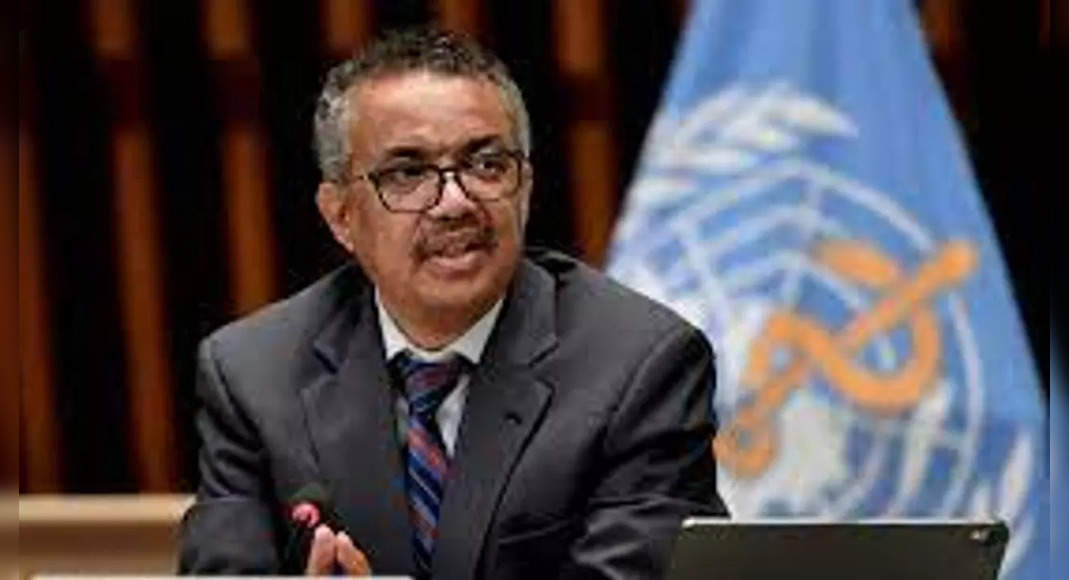WARSAW: Poland’s parliament will discuss on Wednesday a bill that could make it harder for Jews to recover property seized by Nazi German occupiers and kept by postwar communist rulers, potentially straining Warsaw’s relations with Israel and the United States.
Poland was home to one of the world’s biggest Jewish communities until it was almost entirely wiped out by the Nazis during World War Two.
Jewish former property owners and their descendants have been campaigning for compensation since the fall of communism in 1989.
Poland is the only EU country that has not legislated on property restitution despite repeated calls to do so from the United States.
In 2015, Poland’s Constitutional Tribunal ruled that there must be a deadline set, after which faulty administrative decisions can no longer be challenged.
In March, a parliamentary committee proposed a bill to implement that ruling with deadlines ranging from 10-30 years.
Critics say that would put a time limit on requests for restitution.
The US charge d’affaires expressed his concerns in a letter to the parliament speaker, Polish media reported.
“Our understanding is that this draft bill would effectively make restitution or compensation for Holocaust or Communist-era property unobtainable for a large percentage of claims,” Bix Aliu wrote, according to Dziennik Gazeta Prawna daily.
The parliamentary press office confirmed it had received such a letter, though it did not release the text.
The US embassy did not comment.
The World Jewish Restitution Organization, objecting to the bill, said “new, insurmountable legal conditions should not be imposed in 2021 that make it impossible to recover …
property or receive just compensation”.
Barbara Bartus, one of the bill’s authors, said parliament has to enact the Tribunal’s verdict.
The new time limits would apply only to administrative proceedings and not civil lawsuits, although she accepted that challenging administrative decisions were often the basis for claims of compensation.
“It’s been over 30 years (that Poland is) a free country and I believe …
if someone needed to sort out some very old issues in administrative proceedings …
they had 30 years to do that,” Bartus told Reuters.
The Polish foreign and justice ministries did not reply to Reuters’ requests for comment.







